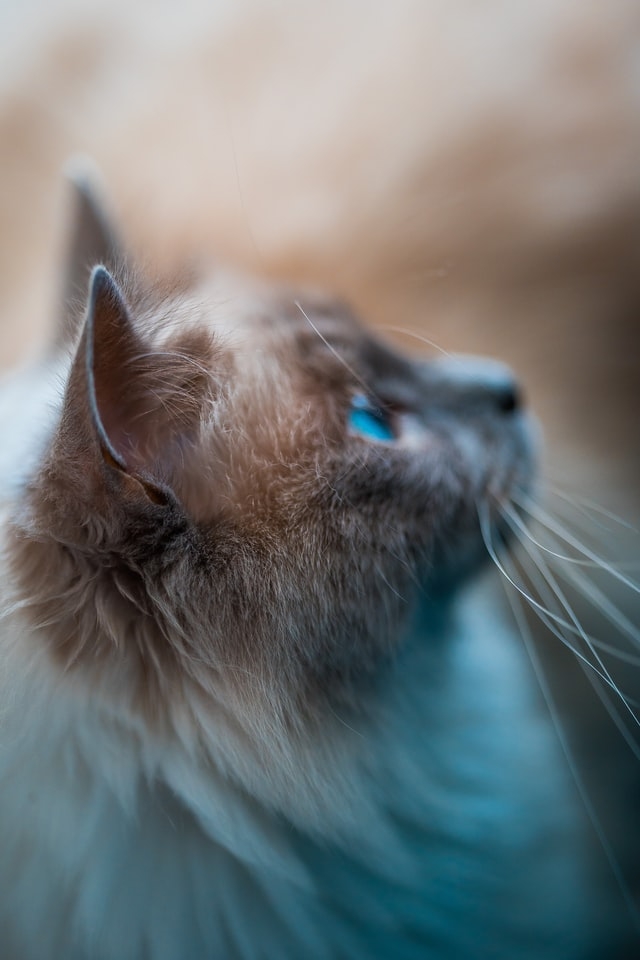28 Feb Can I leave money to my pet?

In 2019, Karl Lagerfeld made the headlines, but this time it wasn’t about fashion or couture. It was who would benefit from Karl’s wealthy estate on his death, and would it be his beloved Birman cat, Choupette.
For those of us whose “family” includes a furry friend, they can often be forgotten when we discuss our own mortality. However, unlike humans, pets cannot directly inherit any assets. Under Australian domestic law, they are considered to be property and can therefore be given to someone or something as a gift, but they themselves cannot be the recipient of a gift. This can make it difficult when a Willmaker wants to ensure their beloved pet is appropriately looked after.
So, what are your options?
Trusts:
For a trust to be valid, three certainties must be met: certainty of intention, certainty of subject matter, and certainty of object. The requirement for certainty of object means that the Trustees must be able to identify the beneficiaries or potential beneficiaries of the trust. This is where the lack of “personhood” of a pet becomes a problem (there is also a problem with enforcement of trustee obligations). Although the strict interpretation of certainty of object creates a problem, Courts have shown leniency towards trusts purporting to be for the benefit of a pet IF the trust has willing Trustees. Whether these trusts are binding is another matter, it has been said that a trust for the maintenance and benefit of a pet is nothing more than a non-binding direction or request by the Willmaker to the Executor.
Assuming that such a trust can be created, you will need to carefully consider who would be involved in it. The most important people you would need to appoint are the trustee and guardian; trustee being the person who runs the trust and invests the money, and the guardian being the person who looks after your pet day-to-day. For both roles, you should pick someone who is prepared to carry out your wishes and is trustworthy. As these trusts are unlikely to stand up in any litigation, you will need to rely on the trustees absolutely carrying out your wishes and intentions. It may be useful to consider using professional trustees in this case.
You should also consider the potential costs involved during the lifetime of your pet, and allocate money accordingly. The general rule is to estimate the cost, then double it. If your trust runs out of money, your trustee (and therefore your guardian) may find themselves in a position where they are unable to financially support the pet leaving them with few options but to rehome or euthanise.
Legacy Programs:
If the idea of a non-binding trust is unfavourable, you may wish to consider a legacy program. Both the NSW Animal Welfare League and RSPCA operate programs where they look after your pet in a special facility in the same manner as you did. They can also assist with rehoming if that is an option for you. Local rescue centers may offer a similar service, and this is something you should research before committing. As with any charitable legacy, they urge people to give as much money as possible to assist them in providing the required care. Before making such an arrangement, you would want to ensure that they have an obligation to look after your pet for its life rather than rehome it after your death.
Giving your pet to a friend or family member:
As pets are considered property, you can easily leave your pet to a friend of family member either with or without a monetary gift. If you do not wish to give any money to your friend or family member, you should consider whether they would be willing and able to take on the financial responsibility of a pet for life. If you do choose to leave money, this gift would be non-binding in relation to how they spend it, so you would need to ensure that your chosen family or friend is willing to use such money for the sole benefit of your pet.
Euthanasia
A very controversial topic, but one that is popular in Australia is the euthanising of pets upon the death of the owner, sometimes to prevent the pet from suffering anxiety or loss. If this is something you would want to consider, it is important to discuss it with your Executor. Although your Executor may not be an animal enthusiast, they may not be willing to carry out such a direction.
Conclusion:
When discussing your Will and assets, don’t forget to include your pets. As much as the media loves a good story about how wealthy pets often outrank wealthy humans in a top 100 list, the reality is that it is difficult to pass your wealth to non-human beneficiaries. Options do exist, but care must always be taken to ensure the validity of the direction.
Do you need to discuss your will and your wishes regarding your pet? Contact Solari and Stock Miranda on 8525 2700 or click here to request an appointment with one of our Commercial Law Team.
Article written by Rebecca Exley
Photo by Omar Ram on Unsplash